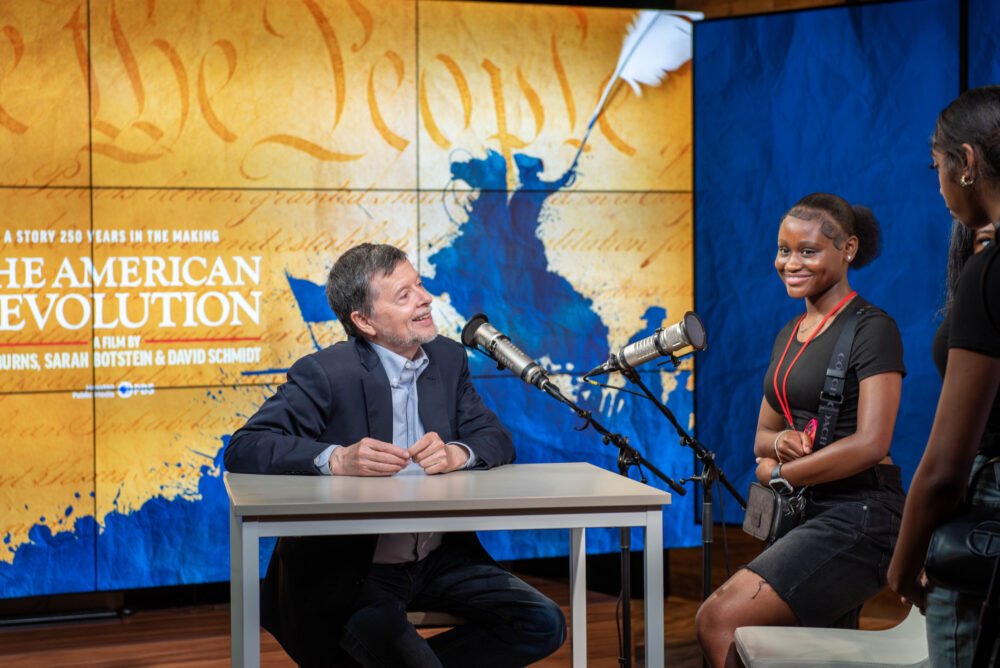
Ken Burns, one of the most critically acclaimed documentary filmmakers of the modern age, says the current threats to defund public media are likely the most existential the system has ever seen.
“I think I’ve always been concerned about the future of public media,” Burns told Houston Public Media on Thursday. “I’ve testified probably 10 times between the House and the Senate, between the endowments and the Corporation for Public Broadcasting, between authorization and appropriation, and somehow we’ve always survived and I think we’ll survive again. It might be a much-changed environment, but it is the most significant existential threat we’ve had, so the concern level is high.”
The only thing to do, he said, is get involved. Burns is among those who are involved in the campaign organized by the public media stations to pressure lawmakers to keep funding intact. A PSA featuring Burns was among those released on Wednesday as the president this week took another step in his efforts to slash funding to PBS and NPR.
The White House formally asked Congress to rescind more than $1 billion already set aside for the Corporation of Public Broadcasting, which funds PBS, NPR and local public media stations across the country. The claw-back requires only a simple majority vote in Congress to go through.
The administration’s fight against public media has been fueled by accusations of political bias. NPR and PBS leaders have disputed those claims. So has Burns, whose previous films include “The Civil War,” “Jazz,” and “Baseball.”
Listen
“I just don’t agree with it,” Burns said. “I think it’s always the complaint of people that are themselves not subscribing to the American point of view, that they blame the variety of opinions that co-exist in an institution like public broadcasting. Let’s be really honest and tell you that the conservative — ultra-conservative commentator William F. Buckley had a show on PBS called ‘Firing Line’ for 32 years.
“It is ridiculous to sort of accuse it of that,” Burns added. “Are there series that bring up complex issues? Yes, but only people who want to smother over the past, or smother over the present want this to be reduced to some simplistic thing. I just don’t buy it.”
The attacks on public media come as Burns, one of the people most identified with PBS, has a new documentary coming out this fall called “The American Revolution.”
It explores the birth of the nation’s democracy over 12 hours and is set to debut in November nationwide on local PBS stations.
“We call it the Declaration of Independence applied to communications,” Burns said of PBS. “That the largest of all networks, 330 stations serves rural as well as urban populations — has produced some of the best television ever and also provides for those rural communities. Sometimes the only signal that people get is from a PBS station.”
Copyright 2025 Houston Public Media News 88.7
